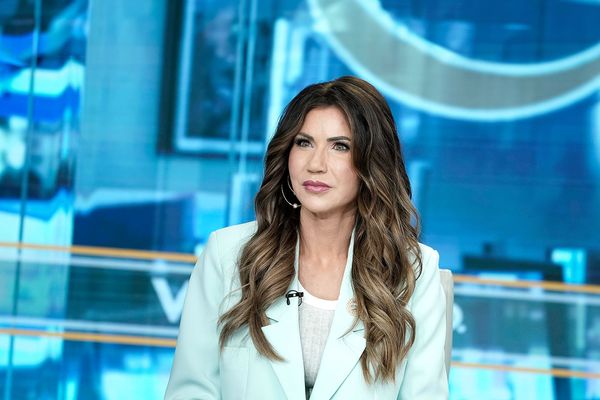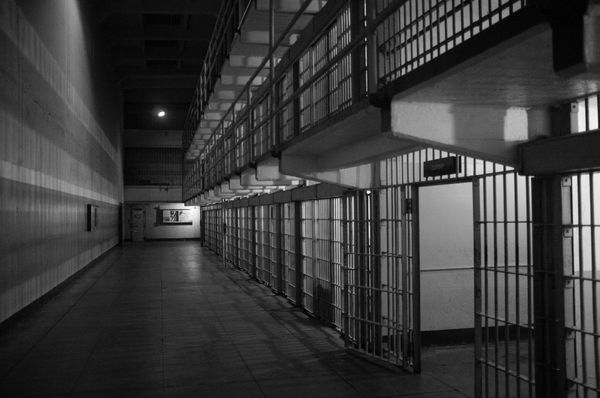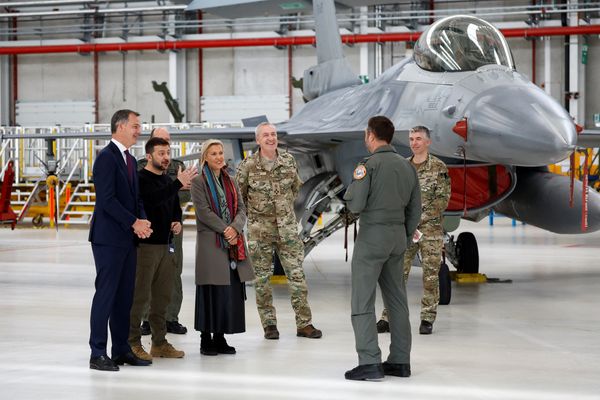Back in 2018, the signing of a peace deal between South Sudanese President Salva Kiir and his longtime rival Riek Machar created hope and optimism. The people of South Sudan, an independent nation since 2011, were emerging from a brutal civil war. However, five years later, this peace agreement is mostly respected only in Juba, the young nation's capital. Elsewhere, the fear of conflict remains palpable – a fear that has been further accentuated by the conflict in neighbouring Sudan. FRANCE 24's team reports.
During a historic visit to South Sudan back in February, Pope Francis called on the country's leaders to restore "dignity" to the displaced, nearly five years after the end of the civil war. Between 2013 and 2018, the country of 12 million inhabitants, 60 percent of them Christians, was plagued by a brutal conflict between forces loyal to warring rivals Kiir and Machar. According to analysis by the London School of Hygiene and Tropical Medicine, an estimated 380,000 people died, both during the violence and from hunger or a lack of medical care.
Despite a peace agreement signed in 2018, the violence continues. The country counted 2.2 million internally displaced persons in December 2022, according to the United Nations Office for the Coordination of Humanitarian Affairs (OCHA).
During his visit, Pope Francis urged South Sudan's leaders to make "a new start" for peace and specifically called for a "battle against corruption". "No more destruction," Francis said.
"Future generations will either venerate your names or cancel their memory, based on what you now do," the 86-year-old pontiff warned.

The UN and the international community regularly accuse South Sudan's leaders of maintaining the status quo, stoking violence, suppressing political freedoms and embezzling public funds. High food insecurity and severe climate change-related flooding also continue to undermine the prospect of economic advancement for one of the world's poorest countries.







